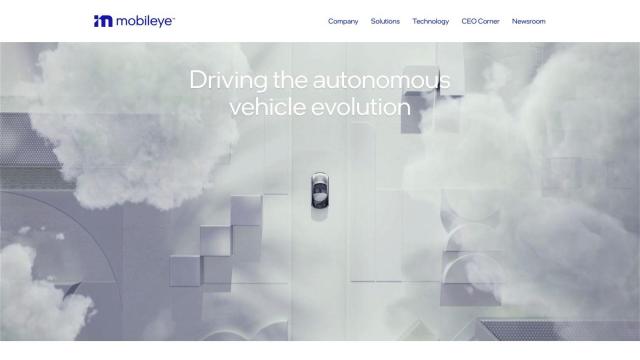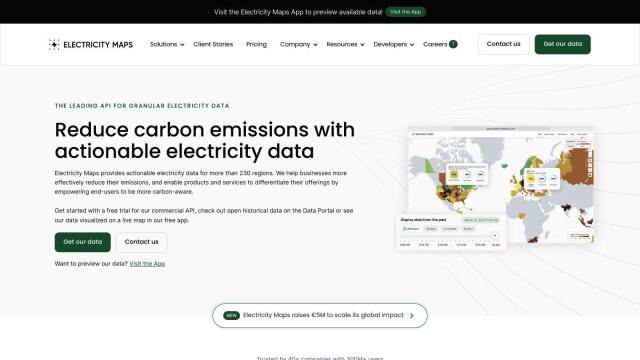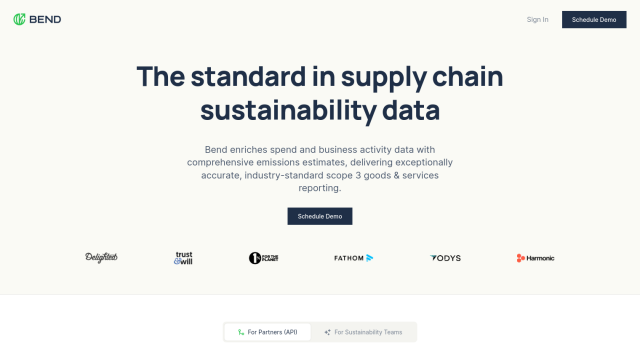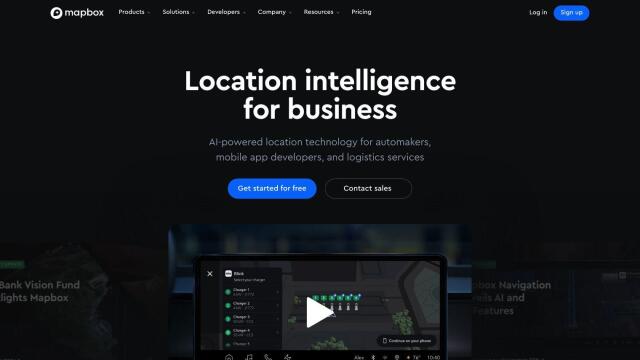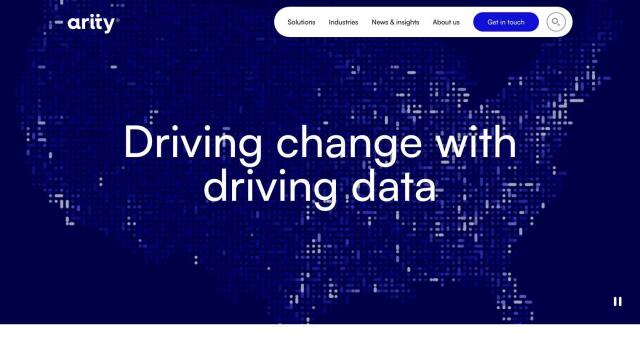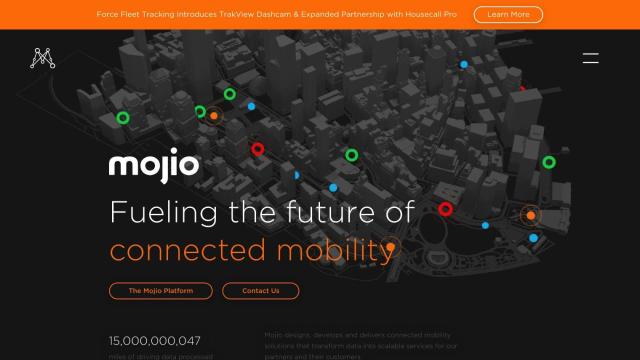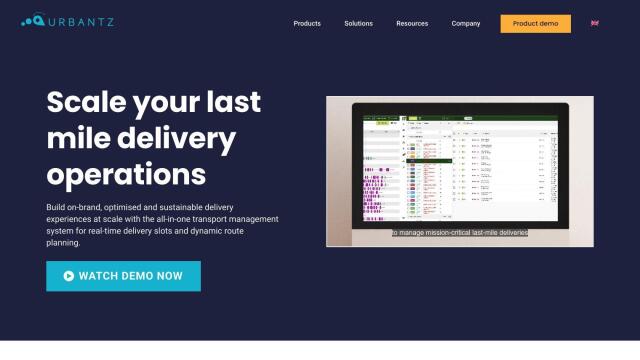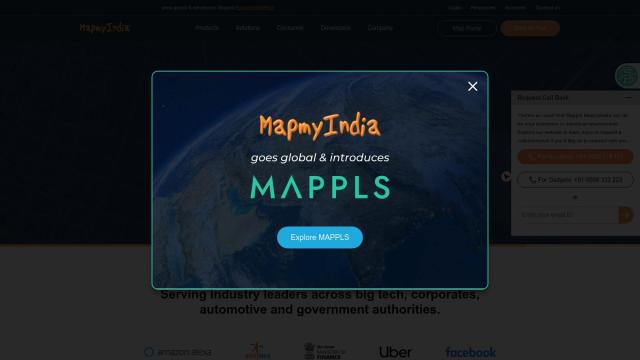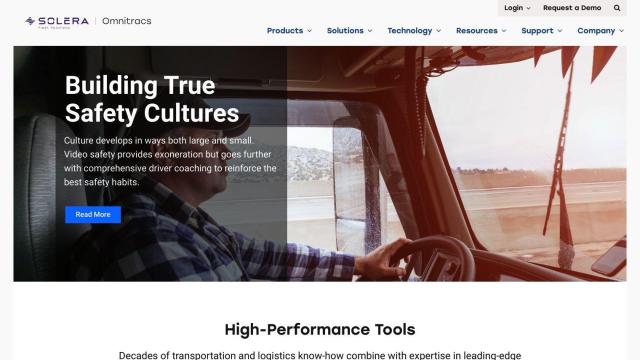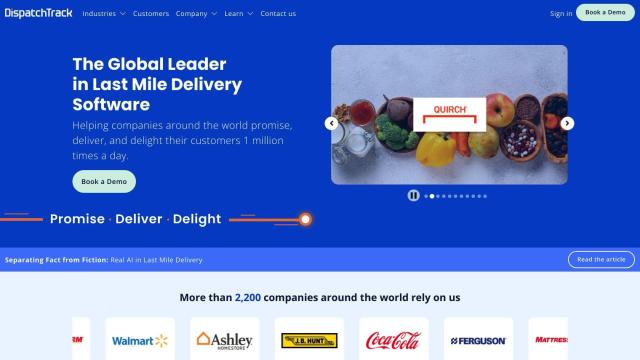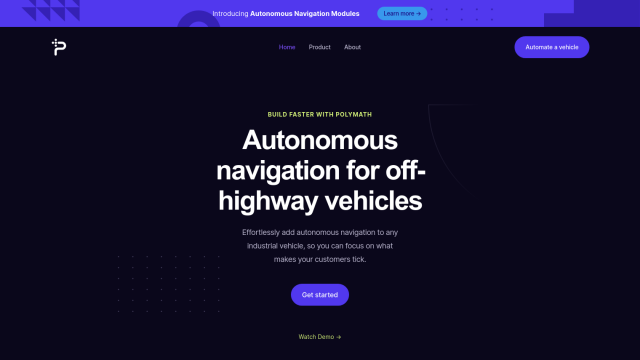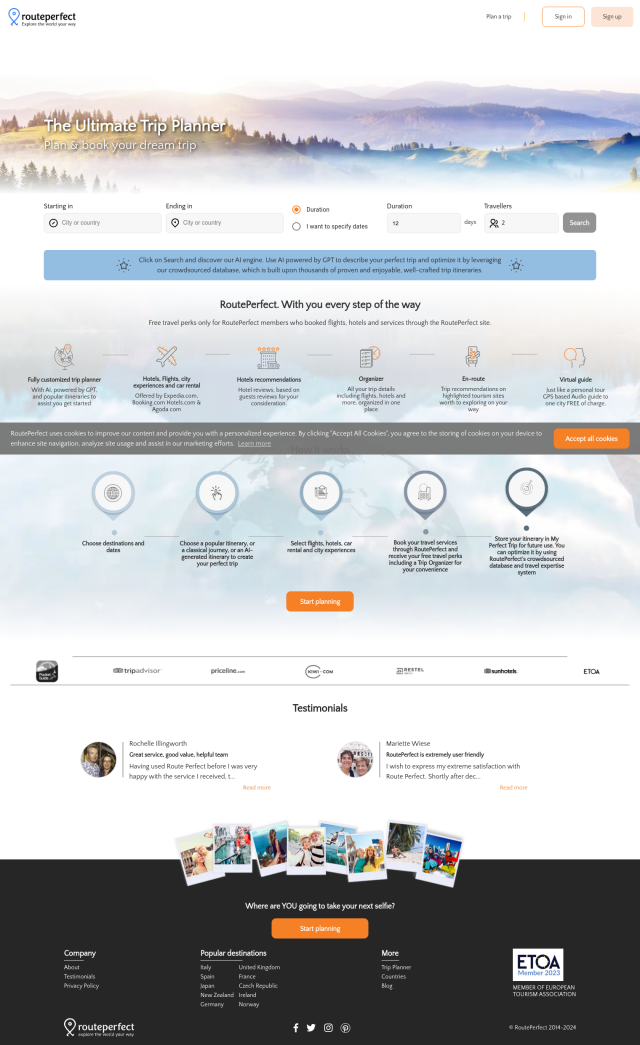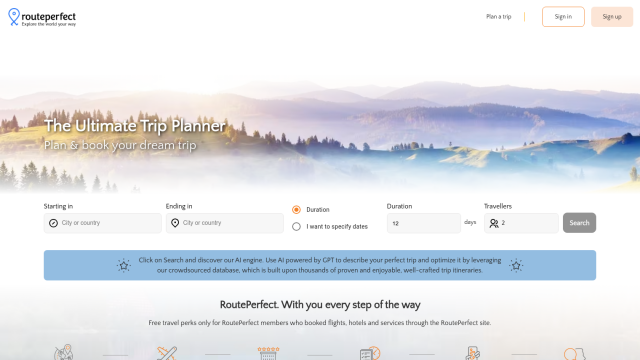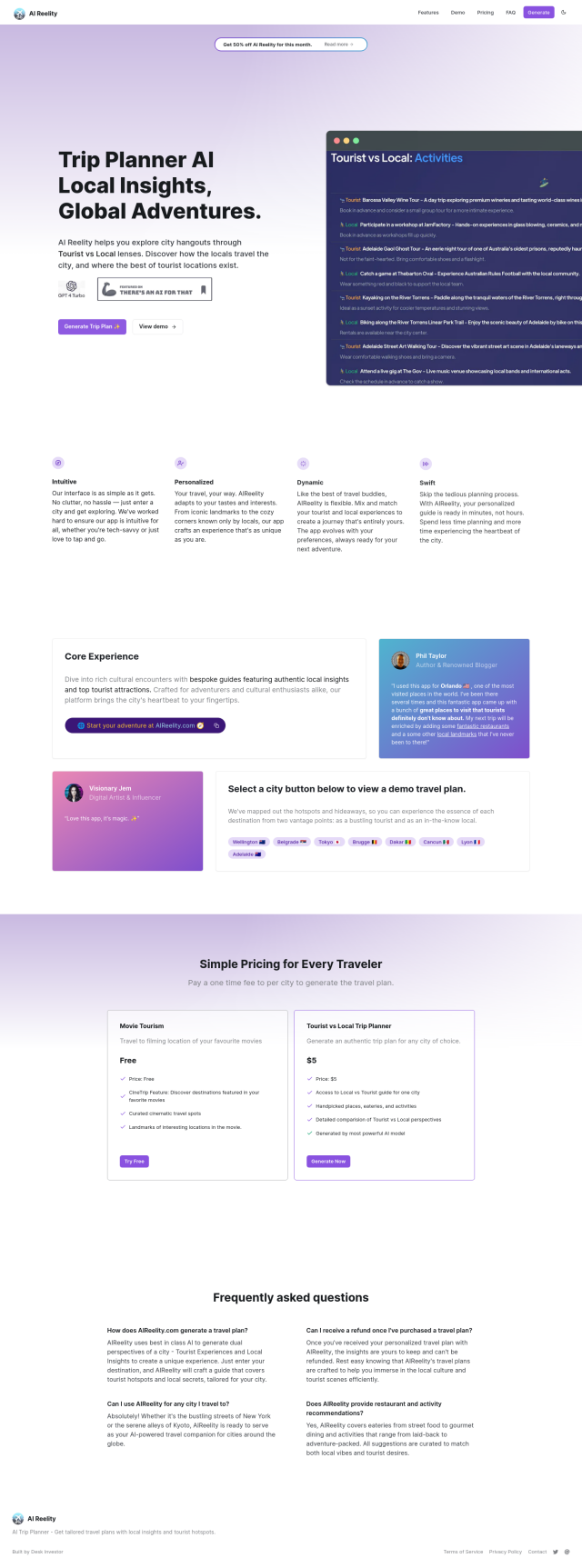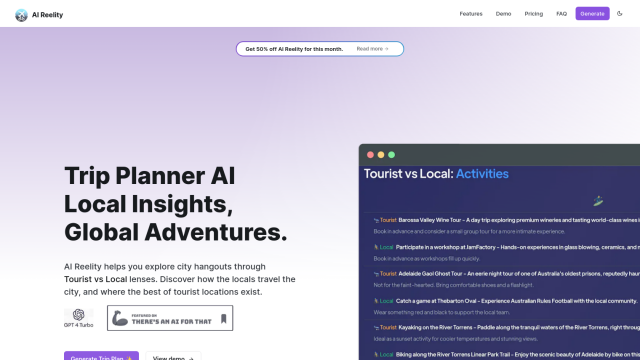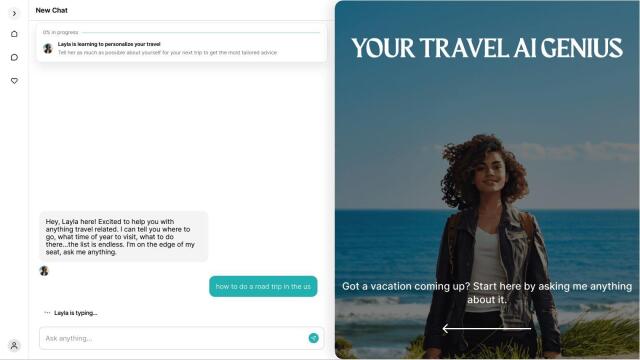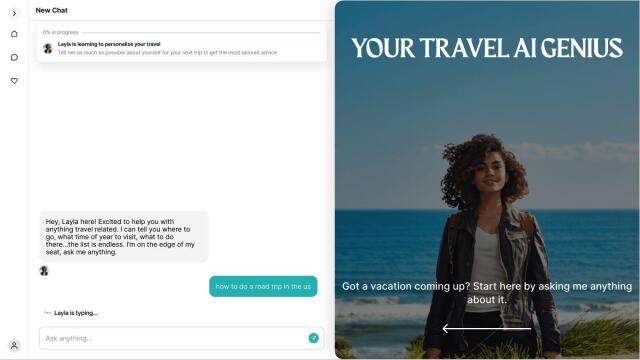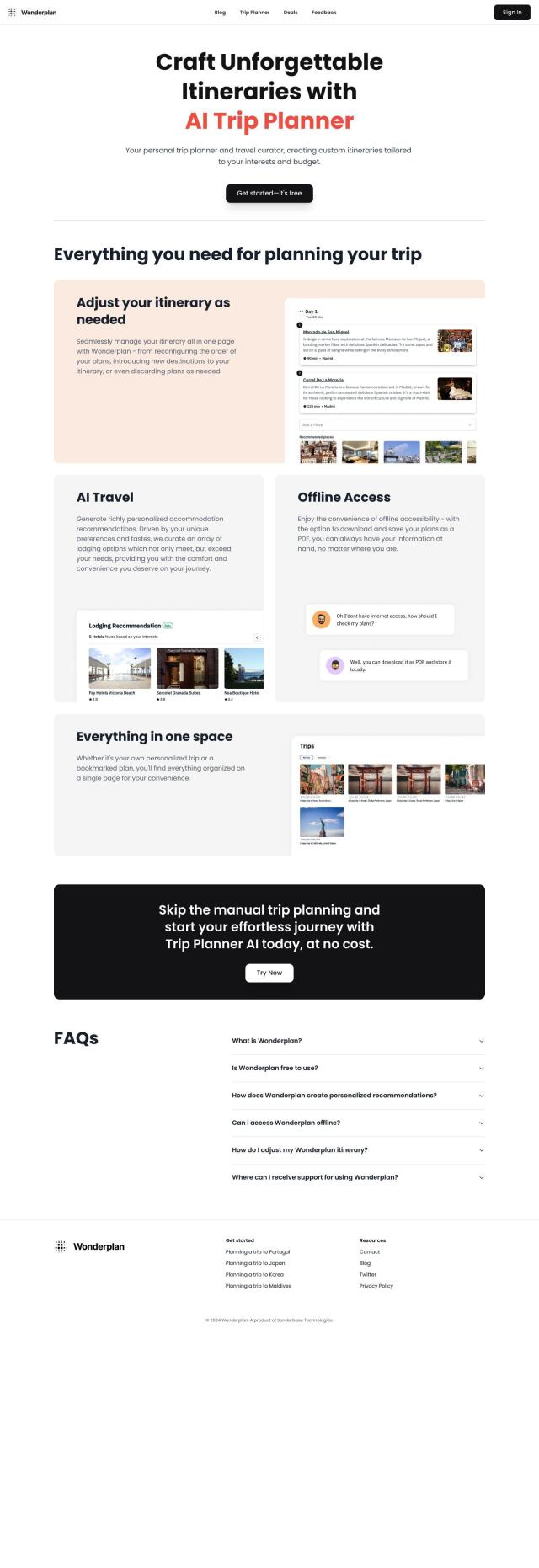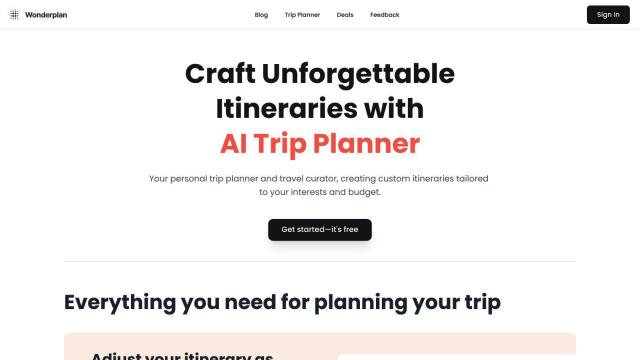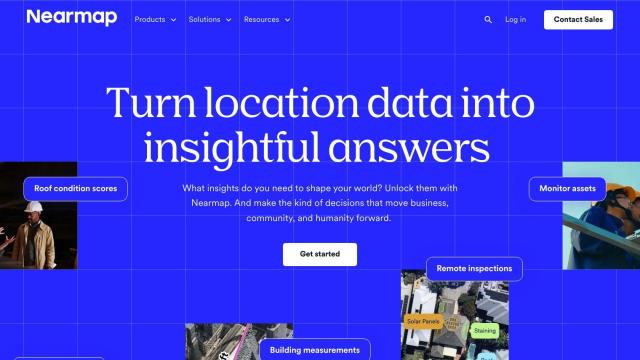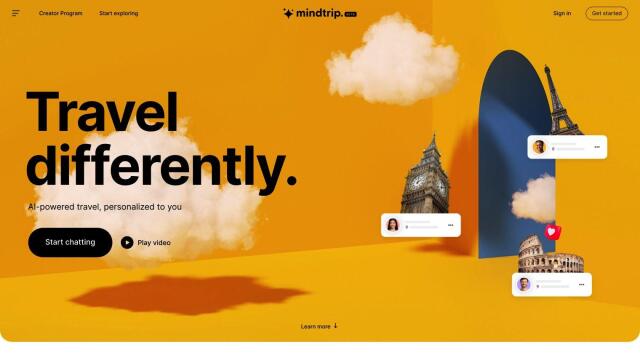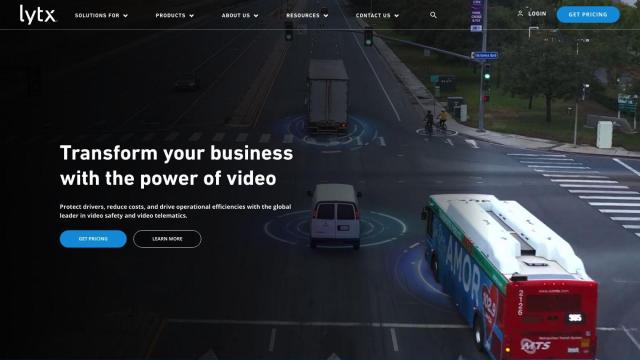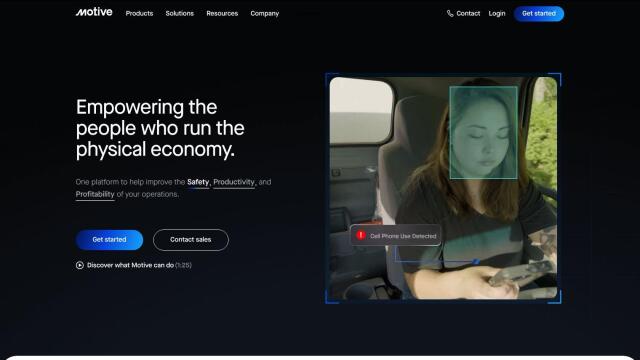Question: I'm looking for an eco-friendly way to get around the city, are there any sustainable transportation options available?

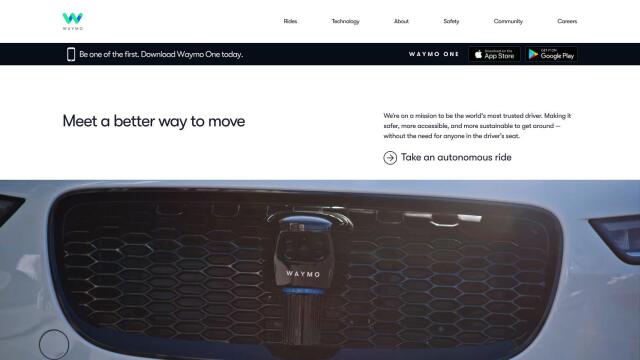
Waymo
If you're looking for a more sustainable way to get around, Waymo has a good answer. Its self-driving ride-hailing service is all-electric, a convenient and safe way to navigate San Francisco and Phoenix streets. With an all-electric fleet of vehicles and the Waymo Driver technology, it's designed to reduce the service's carbon footprint while keeping passengers safe and moving efficiently.

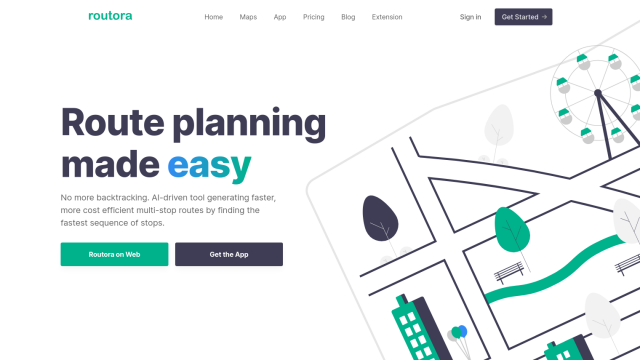
Routora
Another option is Routora, which uses AI to route you by car, bike or on foot. By avoiding detours and cutting fuel use, Routora can save you time and reduce your carbon footprint. It's particularly useful for people who make many stops on a trip, since it can track your route and integrate with mapping services like Google Maps.

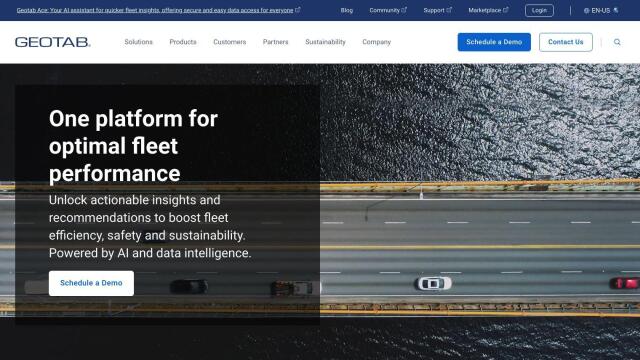
Geotab
If you're a business or fleet manager, Geotab has a GPS fleet tracking and management system. It can help you optimize your fleet by monitoring fuel use, cutting emissions and improving safety with AI-based insights. Its architecture is designed to scale up or down for fleets of any size, and Geotab says it can help cut costs and improve sustainability.

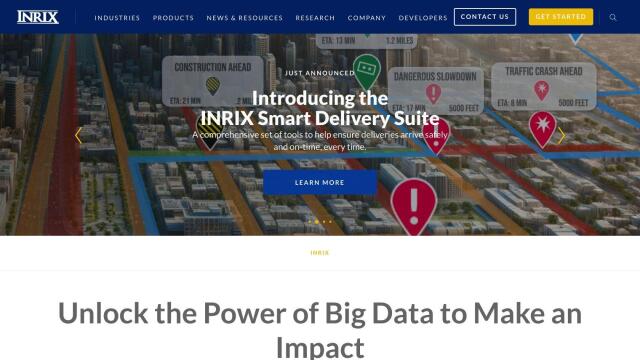
INRIX
And INRIX has a range of generative AI-powered tools to help improve urban mobility. With a wealth of transportation data, INRIX can offer real-time traffic information and safety alerts that can help traffic flow better and people make better decisions. That could be useful for cities trying to optimize their transportation systems for a more sustainable future.

